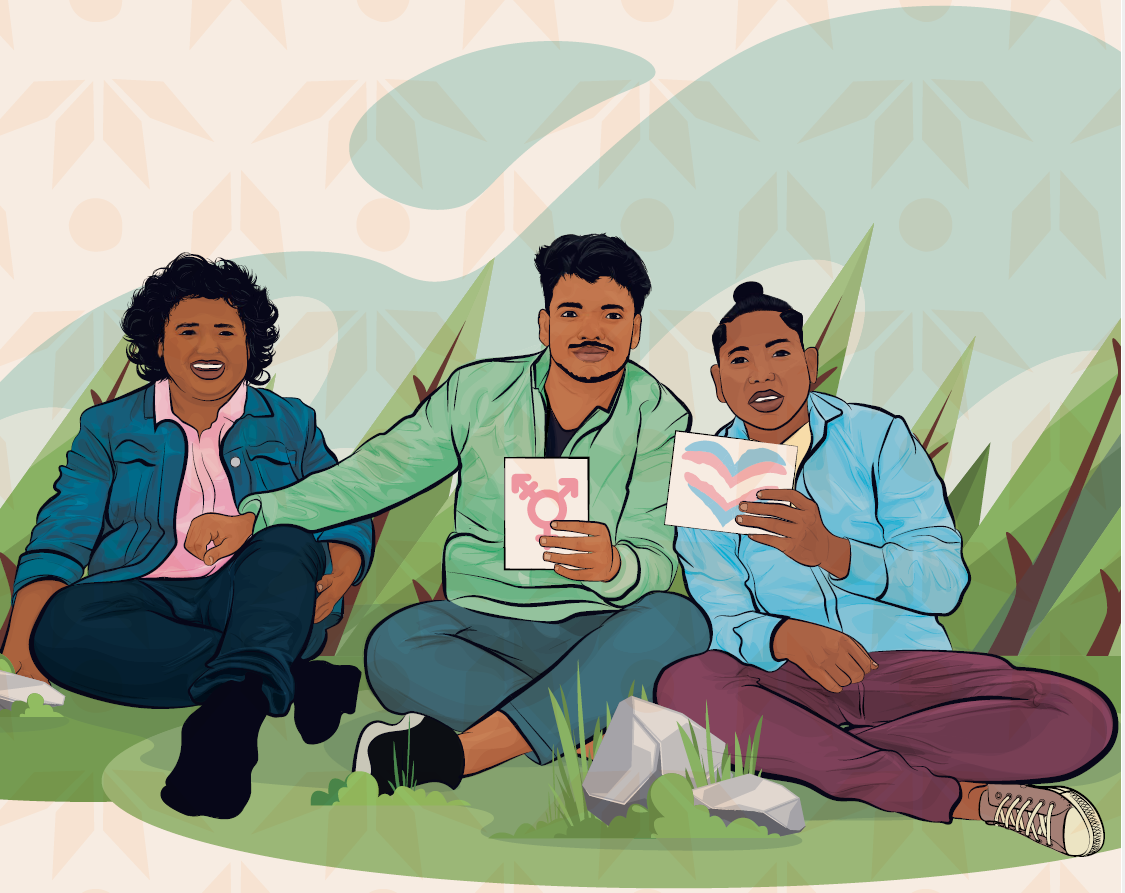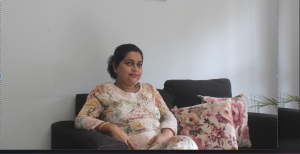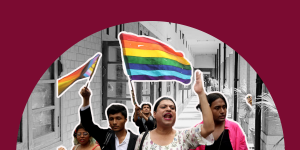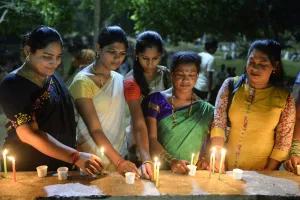[Readmelater]
One In Two Trans Men Struggle To Access Basic Healthcare: Study
Most trans men and transmasculine individuals in India end up seeking private medical care because of multiple hurdles to government schemes, says a study

Illustration Credits: Rommy Torico from the report, “Our Health Matters”
Support BehanBox
We believe everyone deserves equal access to accurate news. Support from our readers enables us to keep our journalism open and free for everyone, all over the world.




